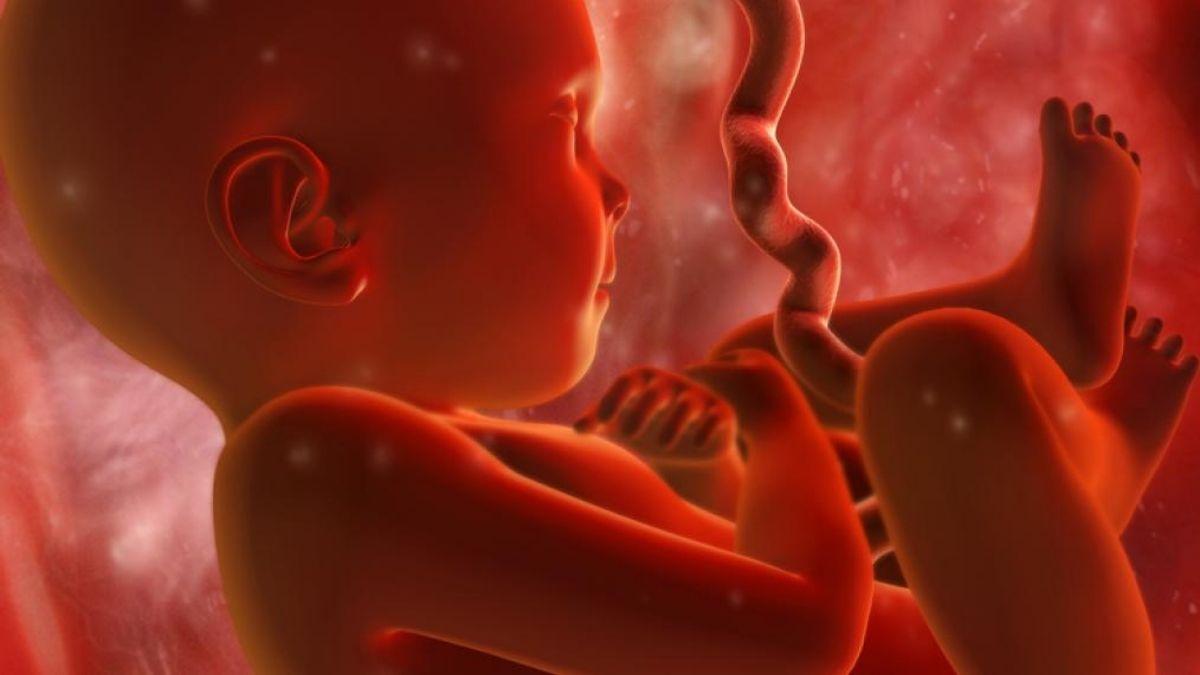
This helps them make order out of their worlds, but also makes it harder to innovate and come up with such breakthroughs as spinach puree face paint.Ĭreative people, Gopnik and others have argued, have retained some ability to think like an infant. Gopnik likens baby perception to a lantern, scattering light across the room, where adult perception is more like a flashlight, consciously focused on specific things but ignoring background details.Īs babies mature, their brains go through a "pruning" process, where their neuronal networks are strategically shaped and fine-tuned by their experience. Although the brain continues to develop and change into adulthood, the first 8 years can build a foundation for future learning, health and life. Many other movements soon followof the limbs.

By the sixth week, these early neural connections permit the first fetal movementsspontaneous arches and curls of the whole bodythat researchers can detect through ultrasound imaging. One of the main reasons is how fast the brain grows starting before birth and continuing into early childhood. In just the fifth week after conception, the first synapses begin forming in a fetus’s spinal cord. They are vaguely aware of pretty much everything – a sensible strategy considering they don't yet know what's important. The early years of a child’s life are very important for later health and development. As a result, researchers such as Gopnik have suggested, the baby's perception of reality is more diffuse (read: less focused) than adults. They also have less inhibitory neurotransmitters.

Silly faces and sounds are importantīaby brains have many, many more neuronal connections than the brains of adults. That is, a premature baby, born at 34 weeks, will reach her peak crying point at around 12 weeks old, while a full-term baby, born at 40 weeks, will cry the most at around 6 weeks old. (Most babies are born between 38 and 42 weeks.)Įxperts, such as neuro-anthropologist and author of "The Evolution of Childhood" (Belknap, 2010) Melvin Konner, think some early wails are tied to physical development, noting that across cultures crying peaks at the same point after conception, independent of when the baby makes its entrance into the world. In fact, all babies, no matter how responsive their parents are, have a period of peak crying around the gestational age of 46 weeks. Caregivers can help this process along by promptly responding to baby's needs, experts suggest. Instead, newborns are learning about hunger, loneliness, discomfort and fatigue – and what it feels like to have these pains relieved.

The newborn prefrontal cortex – the brain's so-called "executive" area – doesn't have much control, so efforts to discipline or worries about spoiling are pointless at this stage. The baby's brain has evolved to use the responses of caregivers to help it develop, Goldstein told LiveScience. "As long as there have been babies, there have been parents," said Michael Goldstein, a language development researcher at Cornell University.


 0 kommentar(er)
0 kommentar(er)
